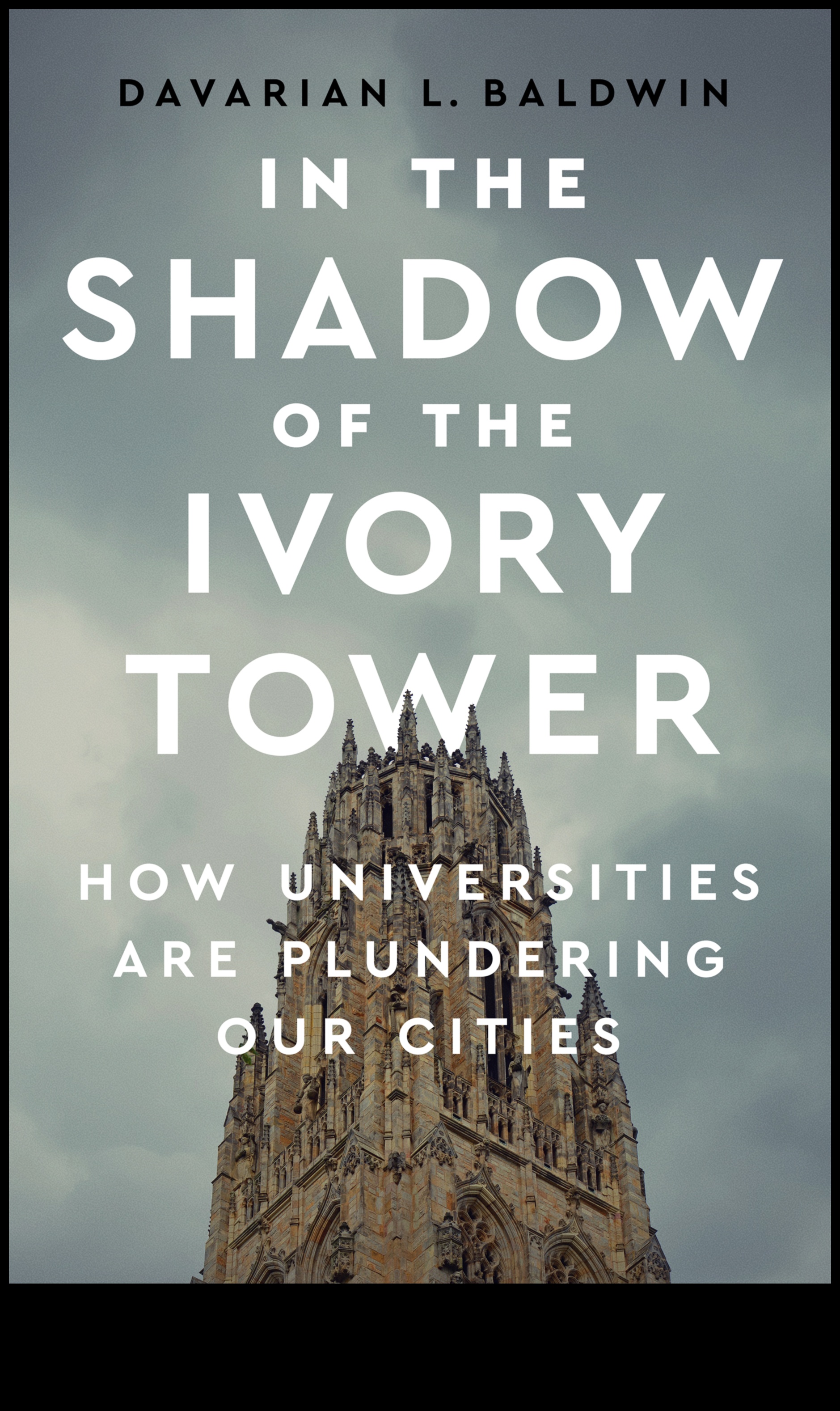
I. Introduction
II. What is Academia?
III. History of Academia
IV. Different Types of Academia
V. Benefits of Academia
VI. Drawbacks of Academia
VII. How to Get Into Academia
VIII. What to Expect in Academia
IX. Tips for Success in Academia
X. FAQ
| Feature | Answer |
|---|---|
| University Exploration | Learn about the different types of universities, the admissions requirements, and the financial aid options available. |
| College Admissions | Prepare for the college admissions process, including writing essays, taking standardized tests, and interviewing with admissions officers. |
| Higher Education | Learn about the different academic disciplines, the different career paths that are available, and how to choose a major. |
| Academic Advising | Get help from an academic advisor to choose classes, plan your degree program, and stay on track to graduate. |
| Student Success | Learn how to study effectively, manage your time, and cope with stress. |

II. What is Academia?
Academia is the world of higher education, including colleges and universities. It is a place where students learn about different subjects, conduct research, and develop their critical thinking skills. Academia is also a place where professors teach students and conduct research.
Academia is a diverse community, with students and professors from all over the world. It is a place where people from different cultures and backgrounds can come together to learn and grow.
Academia is also a place where new ideas are born. It is a place where students and professors can challenge the status quo and explore new ways of thinking.
Academia is a challenging but rewarding place to be. It is a place where students can learn and grow, and where professors can make a difference in the world.
III. History of Academia
The history of academia can be traced back to the ancient world, where schools were established to teach students about the arts and sciences. In the Middle Ages, universities were founded in Europe to train students in law, medicine, and theology. These universities became centers of learning and intellectual inquiry, and they played a vital role in the development of Western civilization.
In the 19th century, the United States saw a rapid expansion of higher education, with the establishment of new universities and colleges. This expansion was driven by the growing demand for educated workers in a rapidly industrializing economy.
Today, academia is a global enterprise, with universities and colleges located in all corners of the world. Students from all over the world come to these institutions to study a wide range of subjects, from the humanities to the sciences. Academia is a place where people come to learn, to think, and to debate the great issues of our time.

IV. Different Types of Academia
There are many different types of academia, each with its own unique offerings and benefits. Some of the most common types of academia include:
- Universities
- Colleges
- Technical schools
- Trade schools
- Vocational schools
Each type of academia offers a different set of academic programs and degrees, so it’s important to do your research to find the right fit for your needs.
Here is a brief overview of each type of academia:
- Universities offer a wide range of academic programs, from undergraduate degrees to graduate degrees. They typically have a large student body and a diverse range of faculty and staff. Universities are often located in urban areas and offer a variety of student life activities.
- Colleges offer a more focused academic experience than universities. They typically offer a smaller selection of academic programs, and they have a smaller student body and a more intimate learning environment. Colleges are often located in smaller towns or rural areas.
- Technical schools offer training in specific trades or occupations. They typically offer shorter programs than universities or colleges, and they focus on preparing students for careers in specific fields. Technical schools are often located near businesses or industries that hire graduates of their programs.
- Trade schools offer training in specific trades or occupations. They typically offer shorter programs than universities or colleges, and they focus on preparing students for careers in specific fields. Trade schools are often located near businesses or industries that hire graduates of their programs.
- Vocational schools offer training in specific trades or occupations. They typically offer shorter programs than universities or colleges, and they focus on preparing students for careers in specific fields. Vocational schools are often located near businesses or industries that hire graduates of their programs.
It’s important to note that there is no one-size-fits-all approach to academia. The best type of academia for you will depend on your individual needs and goals.

V. Benefits of Academia
There are many benefits to pursuing an academic career. These include:
- The opportunity to learn and grow
- The chance to make a difference in the world
- The opportunity to work with brilliant minds
- The chance to earn a high salary
- The opportunity to have a flexible work schedule
Of course, there are also some drawbacks to pursuing an academic career. These include:
- The high cost of tuition
- The competitive job market
- The long hours and demanding work requirements
- The stress of publishing and getting tenure
Ultimately, the decision of whether or not to pursue an academic career is a personal one. It is important to weigh the benefits and drawbacks carefully before making a decision.

VI. Drawbacks of Academia
There are a number of drawbacks to academia, including:
- The high cost of tuition and fees
- The competitive and stressful environment
- The long hours and demanding workload
- The lack of job security
- The limited career options
It is important to be aware of these drawbacks before you decide to pursue a career in academia.
How to Get Into AcademiaGetting into academia can be a challenging process, but it is definitely possible if you are prepared and have a strong academic record. Here are some tips on how to get into academia:
- Start early. The sooner you start thinking about applying to graduate school, the better. This will give you time to build your academic record and prepare for the admissions process.
- Get good grades. Your GPA is one of the most important factors that admissions committees will consider. Make sure to get good grades in your undergraduate courses, especially in your major courses.
- Do well on the GRE or GMAT. The GRE and GMAT are standardized tests that are used by many graduate schools to assess your academic abilities. Make sure to study for these tests and do your best to score high.
- Get involved in extracurricular activities. Admissions committees want to see that you are a well-rounded individual. Get involved in extracurricular activities that you are passionate about and that will show your commitment to your community.
- Write a strong personal statement. The personal statement is your chance to tell admissions committees about yourself and why you want to pursue a graduate degree. Take your time writing your personal statement and make sure it is well-written and error-free.
- Get letters of recommendation from professors or other professionals who know you well. Letters of recommendation can be very helpful in the admissions process. Make sure to ask professors or other professionals who know you well and who can write strong letters about your academic abilities and potential.
If you follow these tips, you will be well on your way to getting into academia.
What to Expect in Academia
Academia can be a challenging but rewarding experience. Here are some things you can expect to experience in academia:
- A rigorous academic curriculum
- Challenging and stimulating coursework
- Collaborative learning environments
- Opportunities to conduct research and publish your work
- Close relationships with faculty and peers
- A supportive and nurturing environment
Academia can also be a great place to develop your critical thinking skills, problem-solving skills, and communication skills. It can also help you to develop your leadership skills and prepare you for a career in your chosen field.
If you are considering pursuing a degree in academia, it is important to be aware of the challenges and rewards that come with the territory. By doing your research and preparing yourself for the challenges, you can set yourself up for success in academia.
IX. Tips for Success in Academia
Here are some tips for success in academia:
- Set realistic goals and expectations.
- Create a study schedule and stick to it.
- Manage your time wisely.
- Get enough sleep.
- Eat healthy and exercise regularly.
- Get help when you need it.
- Be organized and efficient.
- Stay positive and motivated.
By following these tips, you can increase your chances of success in academia.
X. FAQ
Q: What is the difference between academia and college?
A: Academia is a broader term that refers to all institutions of higher learning, while college is a specific type of academic institution that offers undergraduate degrees.
Q: What are the benefits of attending academia?
A: There are many benefits to attending academia, including:
- The opportunity to learn from world-renowned experts
- The chance to collaborate with other students and scholars
- The opportunity to conduct research and publish your findings
- The chance to network with potential employers
Q: What are the drawbacks of attending academia?
A: There are also some drawbacks to attending academia, including:
- The high cost of tuition and fees
- The competitive admissions process
- The demanding academic workload
- The lack of job security for some academic careers